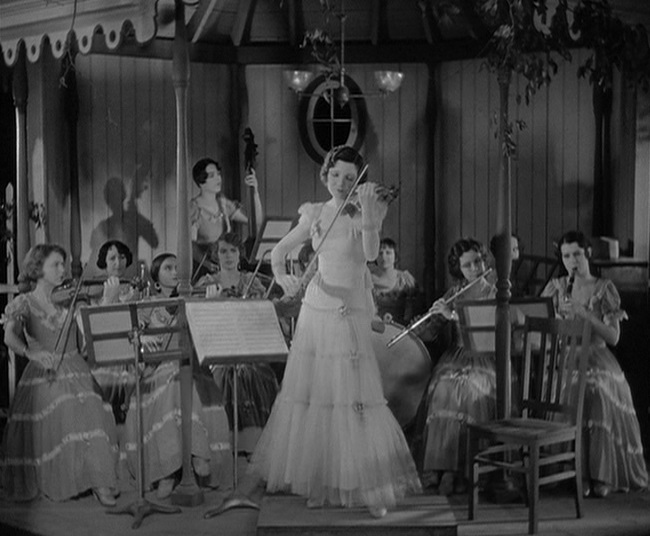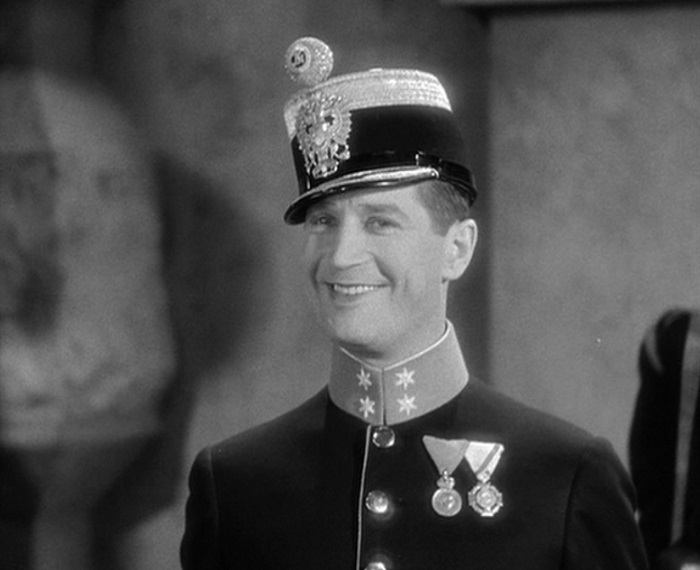
The Smiling Lieutenant 1931 Torrent
Download The Smiling Lieutenant 1931 movie from torrent downloads selecting either torrent or magnet link and watch The Smiling Lieutenant full movie on HD. Protokol vskritiya telenka pri gipotrofii. The Smiling Lieutenant (1931) DVDrip.mkv 9 torrent download locations monova.org The Smiling Lieutenant (1931) DVDrip.mkv Movies 14 hours seedpeer.eu The Smiling Lieutenant (Dir: Ernst Lubitsch / EUA, 1931) Movies Misc 2 days torrentdownloads.me The Smiling Lieutenant (1931) DVDrip mkv Movies 1 day torrentfunk2.com The Smiling Lieutenant (1931.
Music composed by Ankit Tiwari, Jeet Gannguli, Mithoon. Aashiqui 2 (2013) FLAC / WAV and Lossless audio songs Release in the year Hindi Download Uncompressed FLAC / WAV / Lossless Songs from Aashiqui 2 (2013). Aashiqui 2 songs download mp4.
A young French soldier in World War I is overcome with guilt when he kills a German soldier who, like himself, is a musically gifted conscript, each having attended the same musical conservatory in France. The fact that the incident occurred in war does not assuage his guilt.
He travels to Germany to meet the man’s family. Quote: German American actor-screenwriter-producer-director Ernst Lubitsch gained notoriety in Hollywood for his string of sophisticated silent comedies during the mid-1920s with the moderate commercial successes The Marriage Circle (1924), Lady Windermere’s Fan (1925), and So This is Paris (1926). However, the emergence of Lubitsch’s signature visual and thematic design, along with his ability to convey great significance through witty metaphors or tactfully constructed moments, would not solidify until his first foray into sound film with the critically acclaimed box office behemoth The Love Parade (1929). His next two films—Monte Carlo (1930) and The Smiling Lieutenant (1931)—cemented Lubitsch’s lifelong association with the romantic comedy and musical genres and a definitive style that would eventually be dubbed “The Lubitsch Touch.” Though these and his later works, including Trouble in Paradise (1932), The Merry Widow (1934), and The Shop Around the Corner (1940) remain staples of his legacy, Broken Lullaby (1932) stands out as an enigmatic entry in Lubitsch’s filmography due to its serious subject matter and somber tone. Generally well received by critics at the time of its release, Broken Lullaby performed dismally at the box office, which may explain why Lubitsch never returned to serious drama for the remainder of his career. Nevertheless, many scholars have since reexamined this resolutely antiwar film, noting it as an “undoubtedly important work in his filmography”1 and “one of the most revelatory films he ever made.”2 Screenwriters Samson Raphaelson and Ernest Vajda adapted Reginald Berkley’s 1931 play The Man I Killed (itself adapted from Maurice Rostand’s 1925 French play of the same name). Production for Broken Lullaby began in September 1931 and wrapped shooting within six weeks.

The film underwent multiple title changes and a last minute publicity overhaul because Paramount feared that the darkness of the material would turn audiences away. However, these attempts to rebrand the film ultimately did little to bolster its box office returns. Broken Lullaby follows Paul Renard (Phillips Holmes), a young French veteran who is burdened with guilt after killing a German soldier in the trenches during World War I. Inescapably distraught, Paul seeks out his victim’s family in an attempt to find peace of mind. Though the vast majority of the film focuses on the effects of war, nationalism, grief, and guilt, there are unmistakably Lubitschian moments of comedy peppered throughout this pensive drama. The engaging interplay of image and sound in the film demonstrates Lubitsch’s aptitude for sound cinema only a few years into its existence.
Broken Lullaby also serves as an excellent showcase of his characteristically mobile camerawork. Multiple scholars point to the film’s opening as one of the most powerfully crafted sequences of Lubitsch’s career because of its symbolic use of image and sound to crystalize the essence of his message within minutes; Jean Mitry praised it as “a perfect example of a total image, film expression in its highest form.” Language(s):English Subtitles:None.